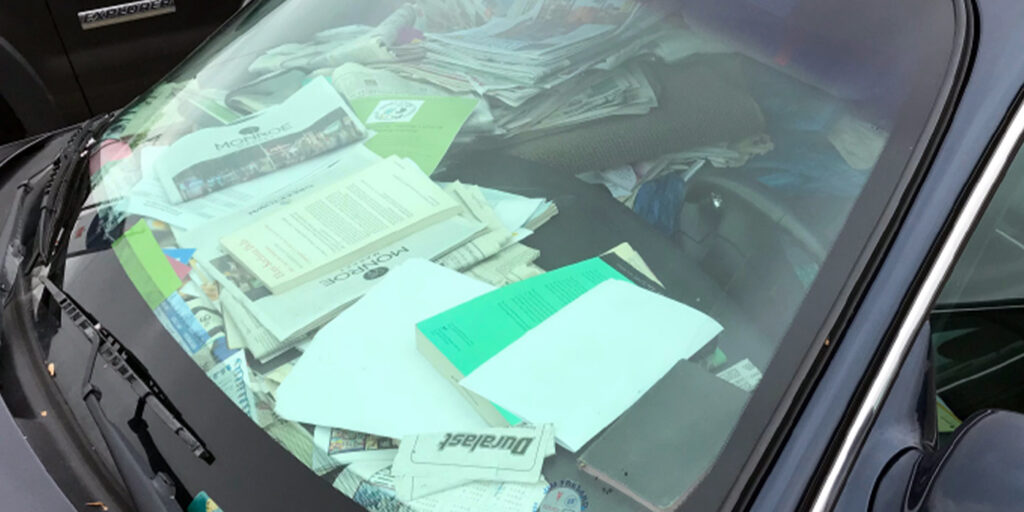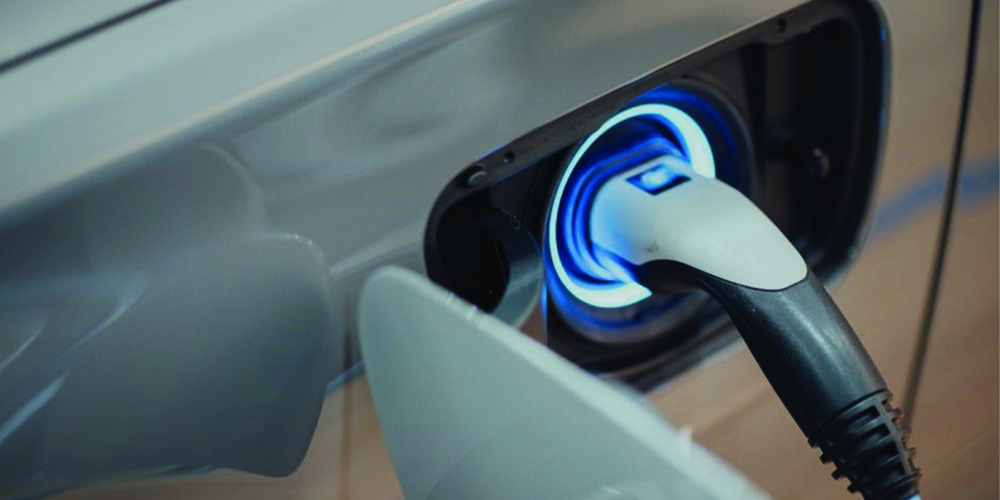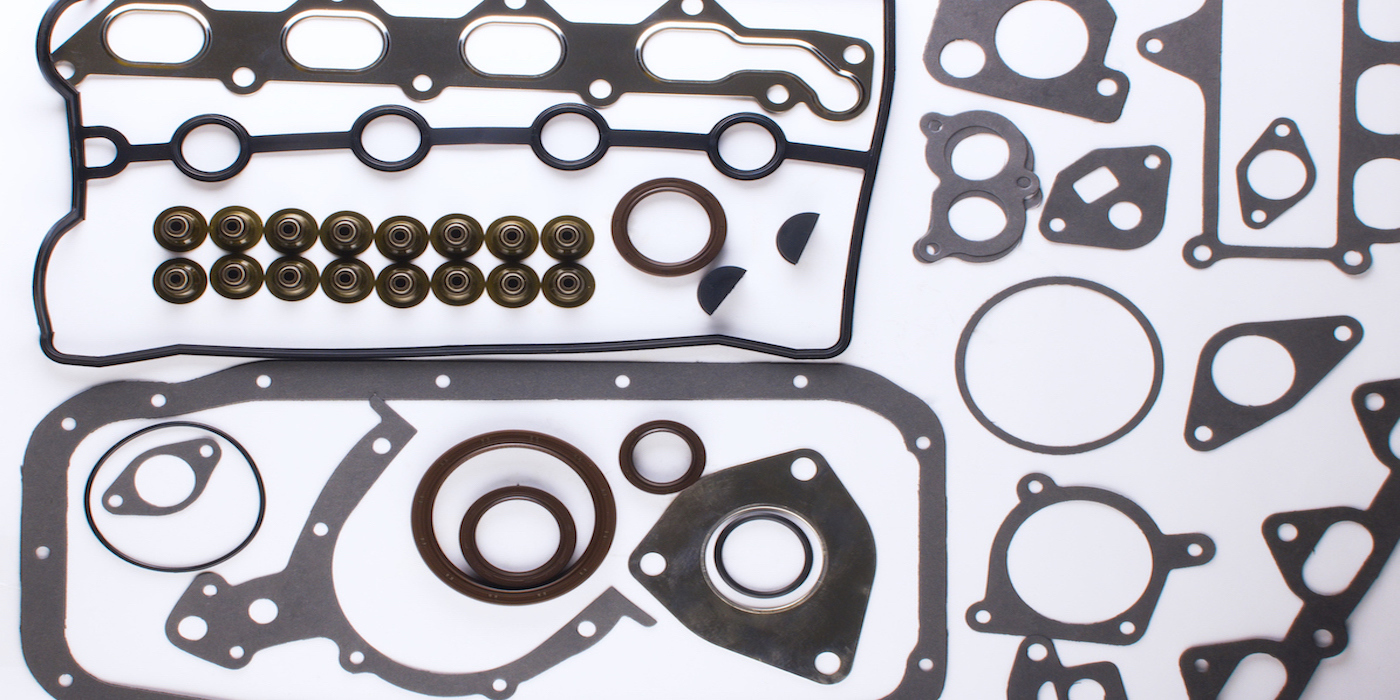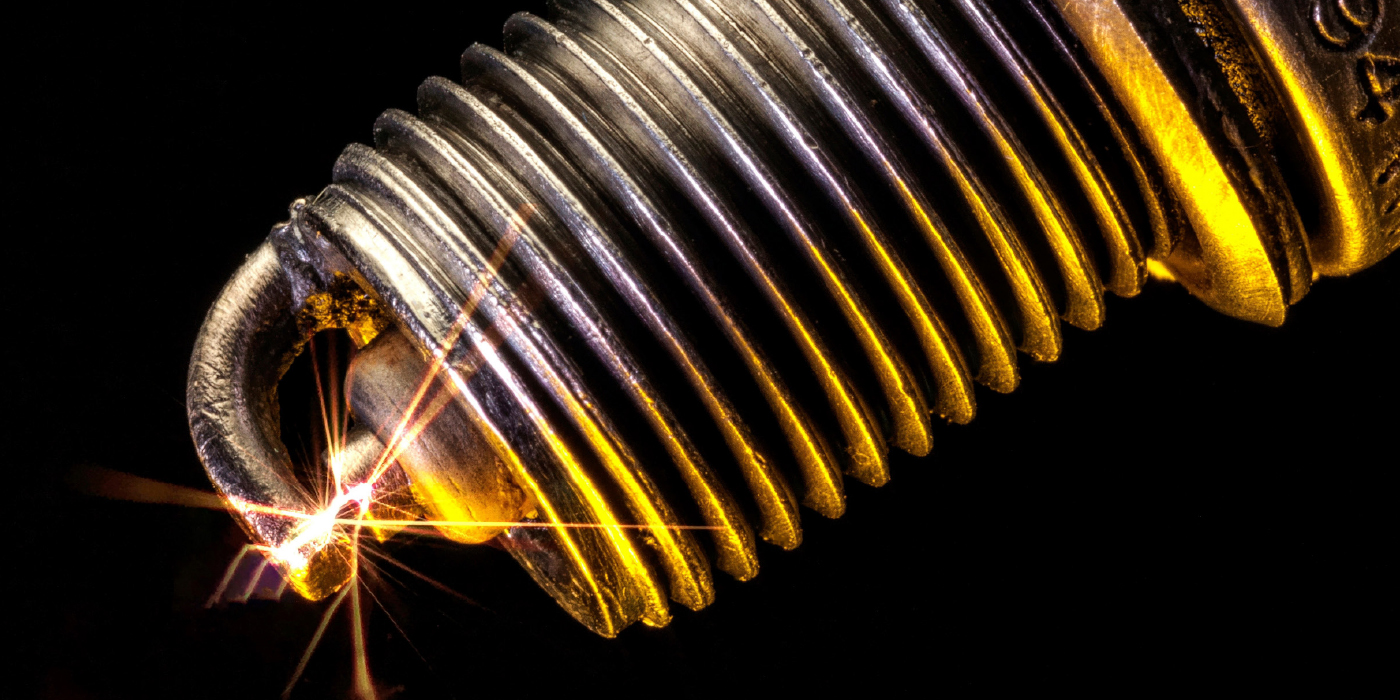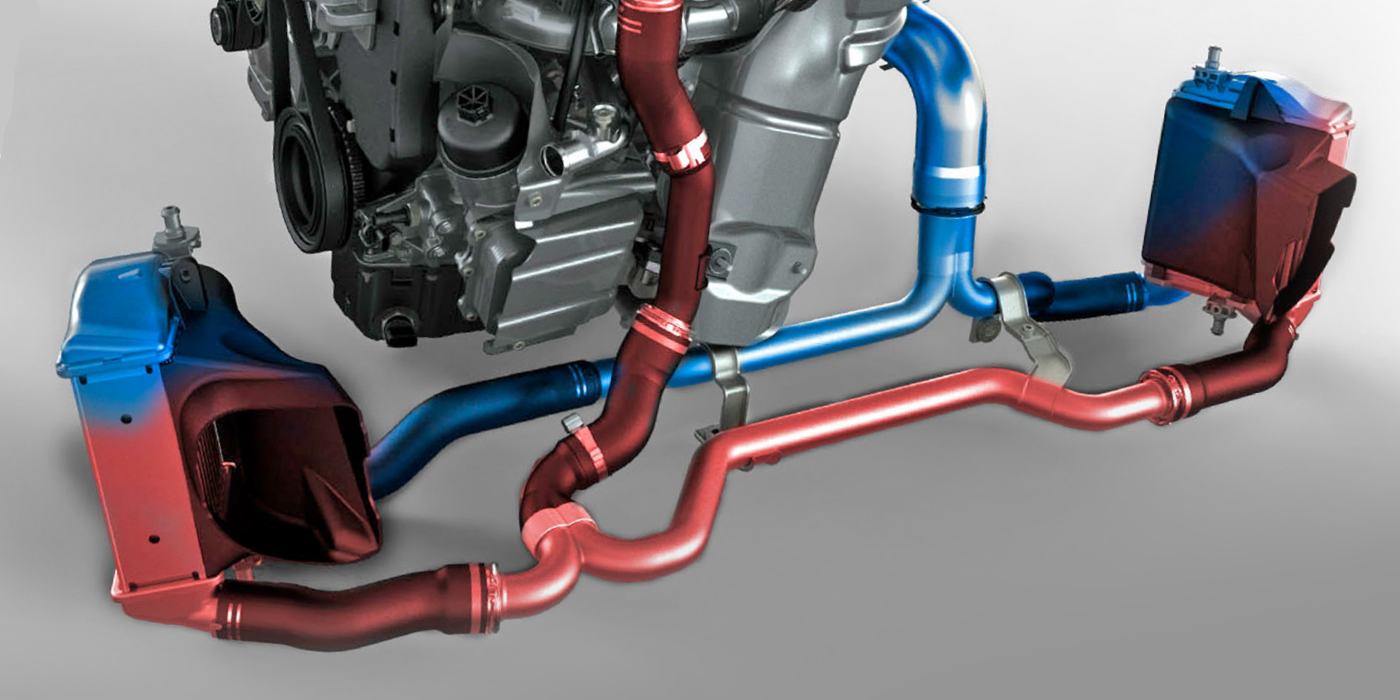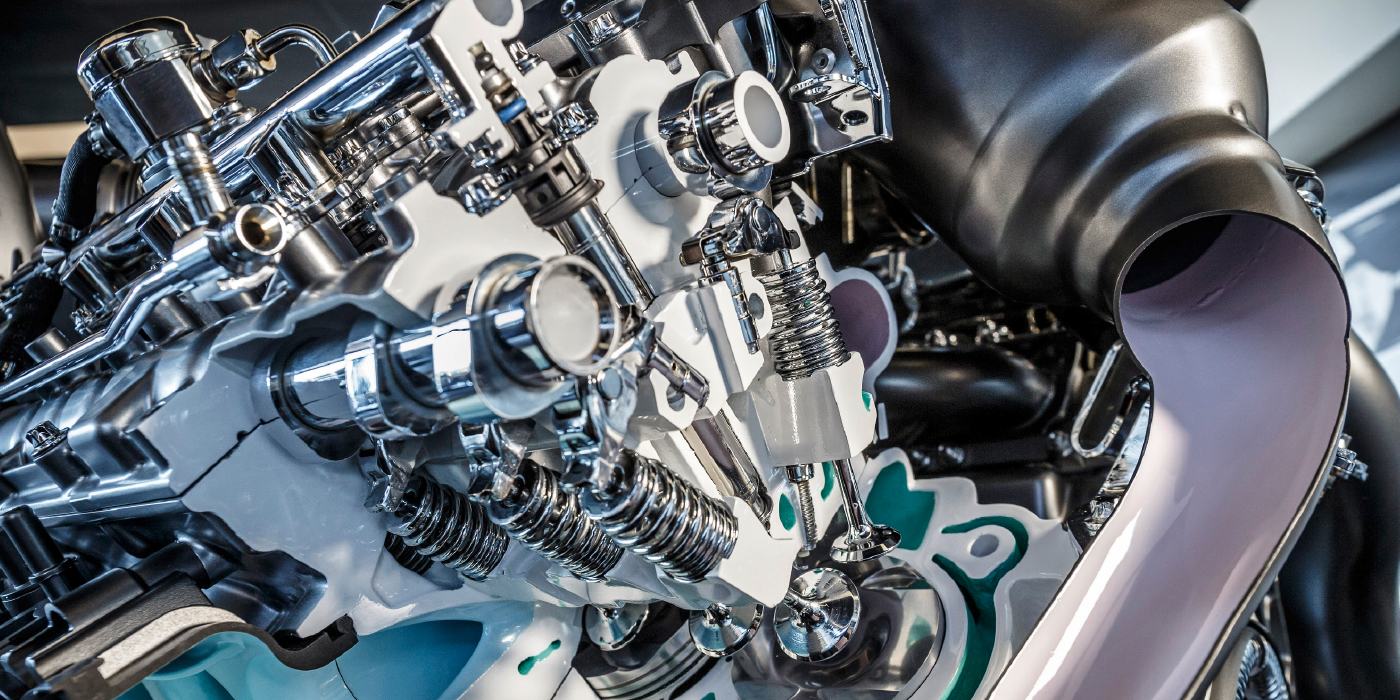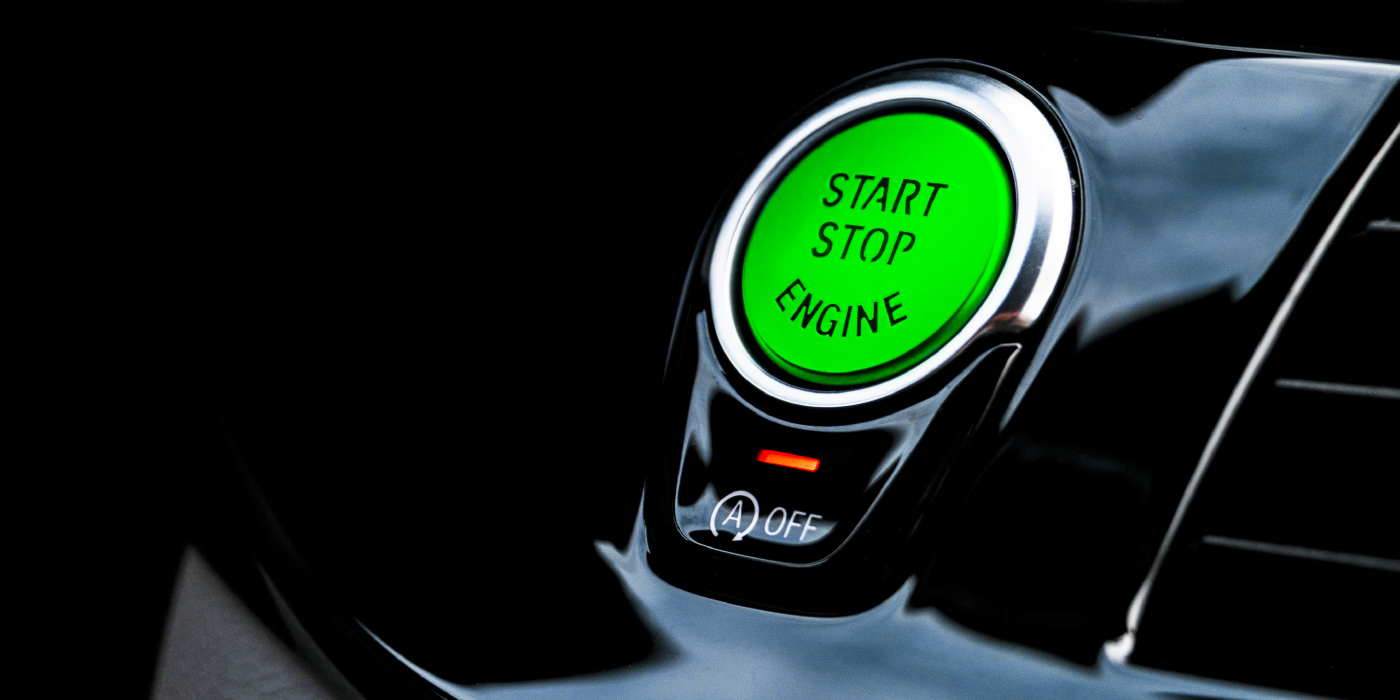The longer you work at a shop, the greater the chances are you will encounter a garbage car or “carbage.” This is a vehicle filled with what you would call trash, but to the owner, it is treasure. It probably got so bad that they can barely drive the vehicle safely.
There are two kinds of carbage. The first type is called the “collector.” The vehicle owner fills their car or truck with items plucked from garage sales and thrift stores. They are convinced that they will eventually need an item, or they will sell it for a profit.
The second type of carbage is called a “dumpster.” This is a vehicle filled with fast-food containers, cups and cigarette butts. The latest carbage content is discarded face masks. These owners typically are too lazy to clean their vehicle. Some say that these people are depressed.
No matter the type of garbage car, they all break down and need to be serviced. The first issue with trying to service a garbage car is lift safety. I once encountered a car that was filled with so much garbage the suspension was compressed to the point where I could not kick the lift arms under it. The owner would collect newspapers from newspaper boxes and go around trying to sell them to people in the articles the next day. Besides the ride height problem, I was concerned what the papers had done to the center of gravity of the minivan.
The second issue is access to components. If it is an electrical repair, you might have to access the fuse panel in the footwell or a battery in the trunk. The company that wrote the labor guide did not build in .2 hours for moving garbage around or .3 to put on a hazmat suit.
The most critical issue with carbage is a technician’s health and safety. There can be many pathogens inside some of these rolling dumpsters. They can cause lung damage and even staph infections.
Most of the owners have an underlying mental condition. It could be an event that happened to them in the past that has led to this manifestation of their mental state. You can refuse to work on these vehicles. Remember, you are not obligated to work on every vehicle that rolls into your shop.
But when dealing with a carbage owner, don’t judge or get emotional. Be upfront with them about your concern for the health and safety of your technicians and lifting the vehicle. It does little good to belittle the owner. While you may want to help them, they have to help themselves first.

